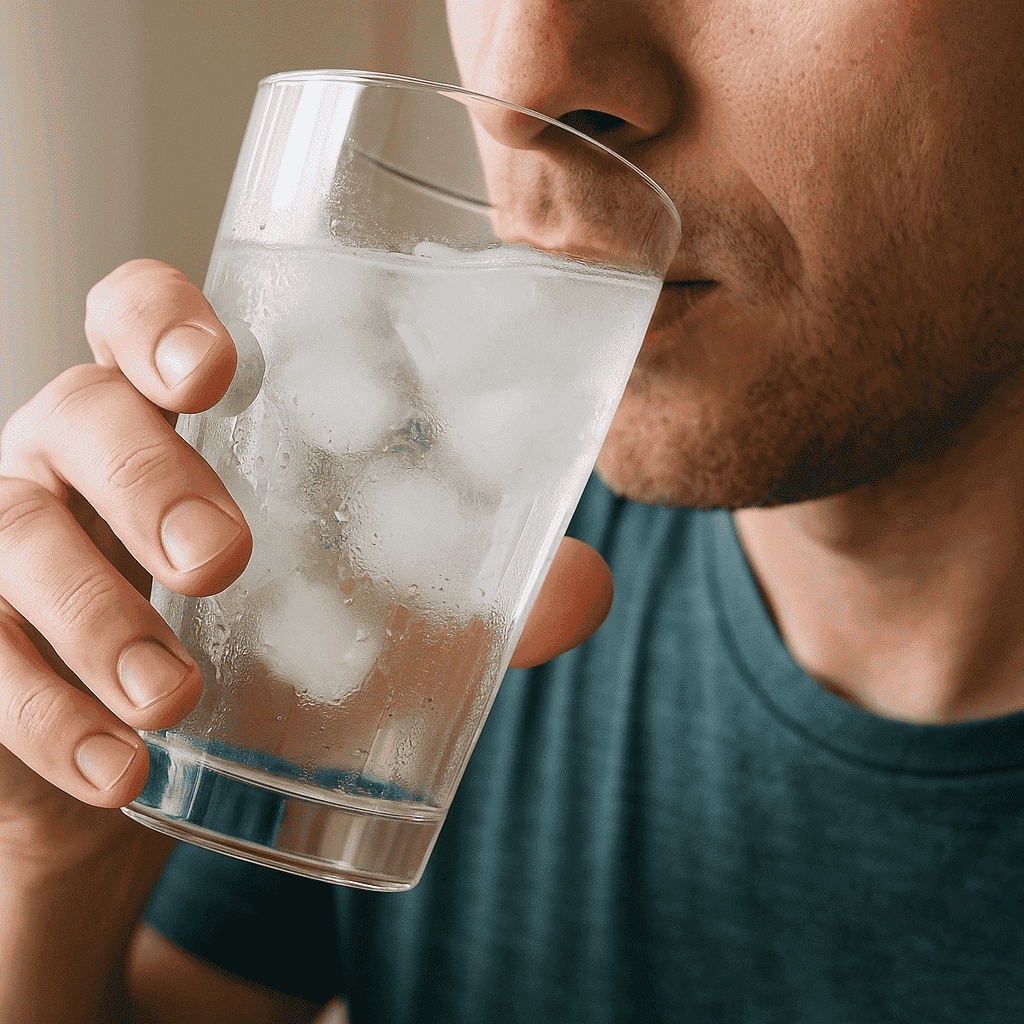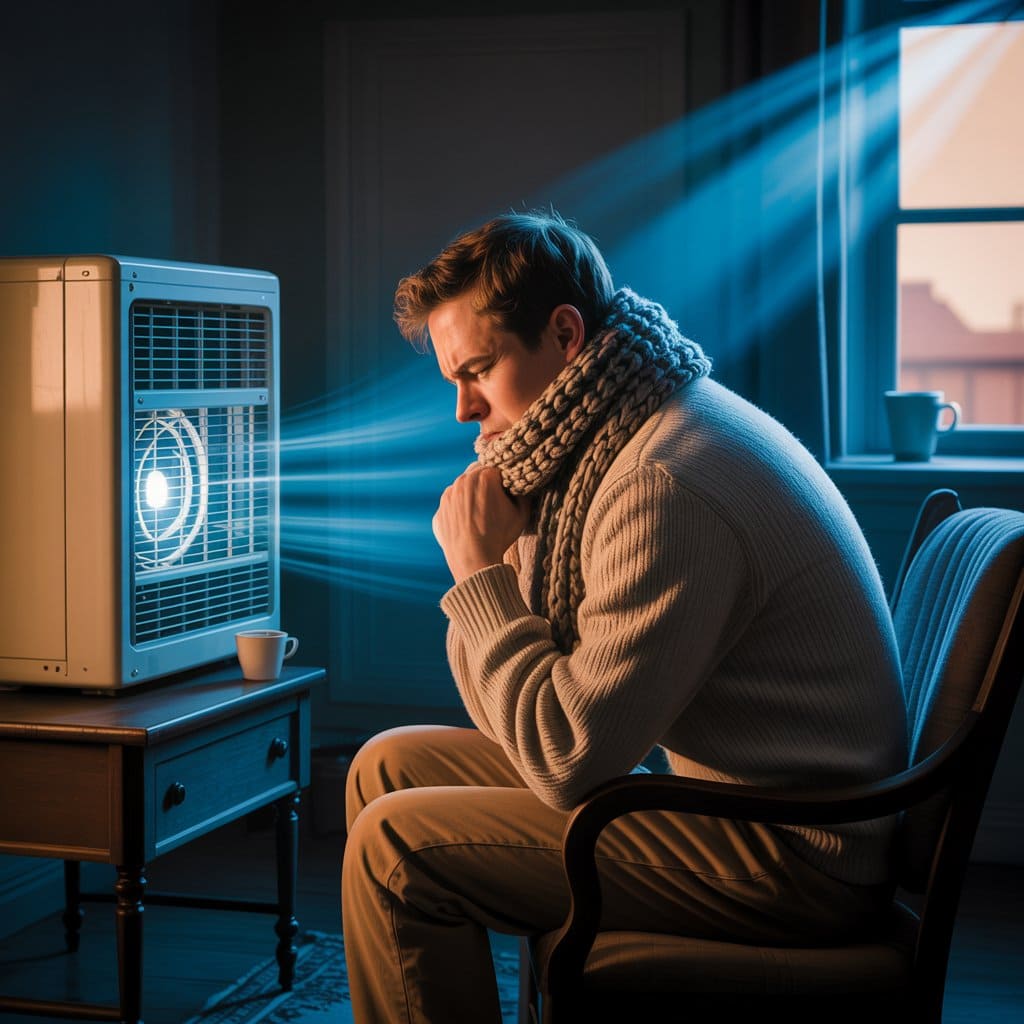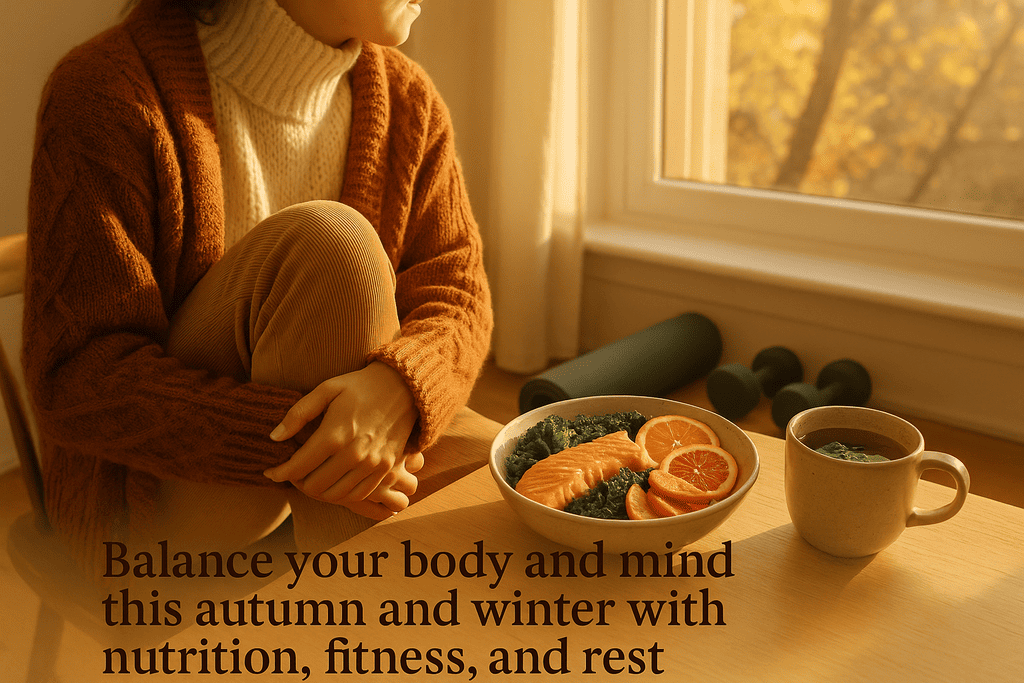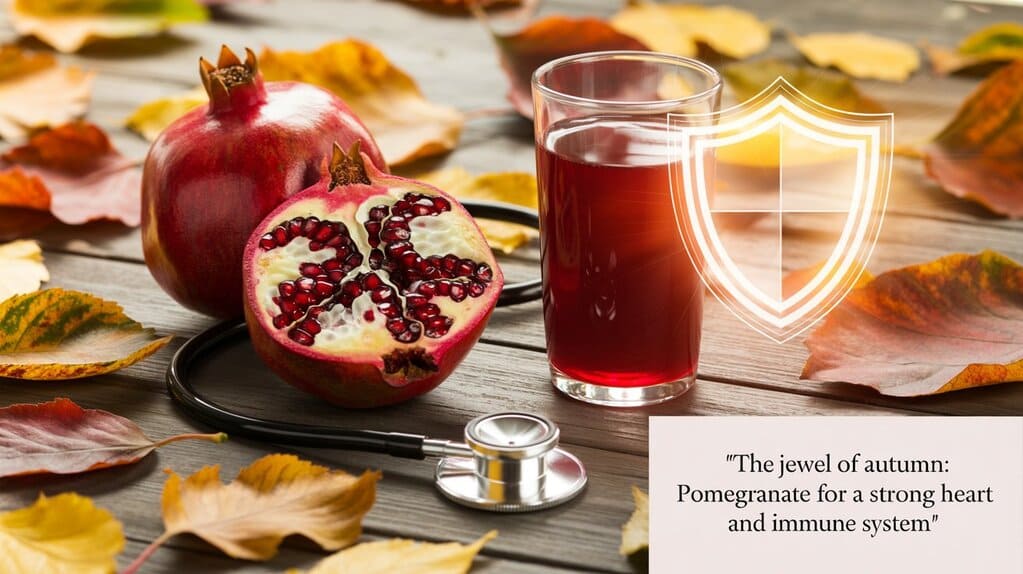Introduction
Summer is often celebrated as a season of warmth, relaxation, and vacation. Yet, beneath its sunny facade lie hidden health hazards that can adversely affect human well-being. From the temptation to drink ice-cold water straight from the fridge to overexposure to the sun and improper hydration, the summer months pose several threats that people often overlook.
Understanding these summer health risks and learning how to protect the body during heatwaves is crucial to staying healthy and safe. This article explores the dangers associated with cold water consumption, excessive sun exposure, dehydration, and other common summertime practices, supported by recent medical studies, expert opinions, and data from trusted sources like Wikipedia, PubMed, and leading scientific journals.

Main Summer Health Risks
1. Drinking Ice-Cold Water from the Fridge
Many people enjoy drinking cold water directly from the refrigerator on a hot day, believing it to be refreshing and harmless. However, this habit may cause serious health complications.
Potential Health Issues:
- Digestive problems: Sudden intake of cold water can shock the digestive tract, slowing down metabolism and possibly leading to stomach cramps, bloating, and indigestion.
- Throat infections: Rapid temperature changes can irritate the throat, increasing the risk of pharyngitis, especially in children.
- Cardiac strain: According to a study in the Journal of Clinical and Diagnostic Research (2022), drinking very cold water may stimulate the vagus nerve, affecting heart rate and causing discomfort in individuals with existing heart conditions.
What Experts Say:
Dr. Amandeep Grewal, an internist based in California, stated in a recent Healthline article (2023):
“Drinking very cold water in the summer may feel good temporarily, but it can disrupt the body’s natural cooling mechanisms.”
Alternative Recommendation:
Drink cool or room-temperature water instead, which hydrates the body more efficiently without causing shock.

2. Excessive Sun Exposure and UV Radiation
One of the most dangerous summer hazards is overexposure to the sun, especially between 10 a.m. and 4 p.m., when ultraviolet (UV) radiation is at its peak.
Short-Term Effects:
- Sunburns
- Heat exhaustion or heat stroke
- Skin dehydration
Long-Term Effects:
- Premature aging of the skin
- Increased risk of skin cancer
According to the American Academy of Dermatology (AAD), 1 in 5 Americans will develop skin cancer in their lifetime, with UV exposure being a significant contributor.
Preventive Measures:
- Use broad-spectrum sunscreen (SPF 30 or higher).
- Wear protective clothing, hats, and sunglasses.
- Avoid staying outdoors for long periods during peak sunlight.
Scientific Evidence:
The World Health Organization (WHO) states that 80% of skin cancers are preventable by taking proper sun protection measures.

3. Sudden Temperature Changes and Air Conditioning
Transitioning rapidly from extreme heat to very cold indoor air (or vice versa) can lead to several health problems.
Health Effects:
- Muscle stiffness or pain (especially in the neck and back)
- Respiratory issues such as sinusitis or bronchitis
- Weakened immune response
A study published in The International Journal of Environmental Research and Public Health (2023) highlighted that sudden temperature changes can suppress immune function, making individuals more vulnerable to infections.
Tips for Safe Cooling:
- Set air conditioning to a moderate temperature (24–26°C or 75–78°F).
- Use fans or natural ventilation when possible.
- Avoid direct exposure to cold air from vents.
4. Dehydration and Improper Fluid Intake
The body loses more fluids during summer through sweating, which increases the risk of dehydration, particularly in children and the elderly.
Symptoms of Dehydration:
- Dry mouth
- Fatigue
- Headache
- Dizziness
- Dark urine
Best Practices for Hydration:
- Drink 2–3 liters of water daily, more if physically active.
- Include electrolyte-rich beverages like coconut water or sports drinks.
- Avoid caffeinated or sugary drinks, which can worsen dehydration.
Medical Insights:
The Centers for Disease Control and Prevention (CDC) recommends that individuals not wait until they feel thirsty to drink water during hot weather.

5. Food Poisoning from Improper Food Storage
Summer heat accelerates the spoilage of food, increasing the risk of foodborne illnesses like salmonella and E. coli infections.
Common Causes:
- Leaving food out too long in the heat
- Consuming undercooked meat at barbecues
- Inadequate refrigeration
Preventive Measures:
- Keep perishable food below 5°C (41°F).
- Use coolers with ice packs when traveling.
- Cook meat thoroughly and practice food hygiene.
According to the U.S. Food and Drug Administration (FDA), foodborne illnesses peak in summer due to improper food handling during outdoor events.
6. Heat Stroke and Heat Exhaustion
When the body overheats and cannot cool down properly, it may lead to heat exhaustion or even heat stroke, which can be fatal if untreated.
Warning Signs:
- Profuse sweating
- Nausea or vomiting
- Confusion
- High body temperature (above 40°C or 104°F)
What to Do:
- Move to a shady or air-conditioned place.
- Apply cool compresses or take a cold shower.
- Hydrate immediately and seek medical attention if symptoms worsen.
A 2022 report by the National Institute for Occupational Safety and Health (NIOSH) emphasized that outdoor workers are especially vulnerable and should take regular breaks and stay hydrated.
Key Points Summary
| Risk Factor | Health Hazard | Preventive Action |
|---|---|---|
| Cold water from the fridge | Digestive shock, throat irritation | Drink cool or room-temperature water |
| Excessive sun exposure | Burns, cancer risk, dehydration | Sunscreen, shade, hydration |
| Sudden temperature changes | Muscle pain, immune suppression | Gradual cooling, moderate AC |
| Dehydration | Fatigue, dizziness, kidney strain | Regular water intake, electrolyte drinks |
| Spoiled food | Food poisoning | Proper storage, hygiene, refrigeration |
| Heat stroke | Confusion, high fever, potential fatality | Cool environments, hydration, rest |
Conclusion
While summer is a season filled with joy and outdoor activities, it’s also a period when people are more vulnerable to specific health risks. From the hidden dangers of drinking cold water directly from the refrigerator to sunburns, dehydration, and foodborne illnesses, each hazard is preventable with the right awareness and precautions.
Following medical advice, staying informed through trusted sources like Wikipedia, CDC, and scientific journals, and maintaining healthy summer habits can significantly reduce the risk of illness or discomfort.
Let’s remember: Summer safety is not just about avoiding sunburns—it’s about adopting a comprehensive, proactive approach to health and hydration.
References
- American Academy of Dermatology – https://www.aad.org
- World Health Organization – UV Radiation and Health: https://www.who.int
- Centers for Disease Control and Prevention (CDC) – Dehydration Prevention: https://www.cdc.gov
- Journal of Clinical and Diagnostic Research, 2022 – Effects of Cold Water on Digestion
- International Journal of Environmental Research and Public Health, 2023 – Indoor Air and Immune Response
- U.S. Food and Drug Administration (FDA) – Summer Food Safety: https://www.fda.gov







